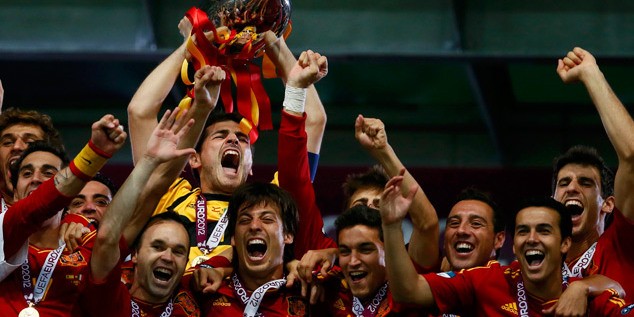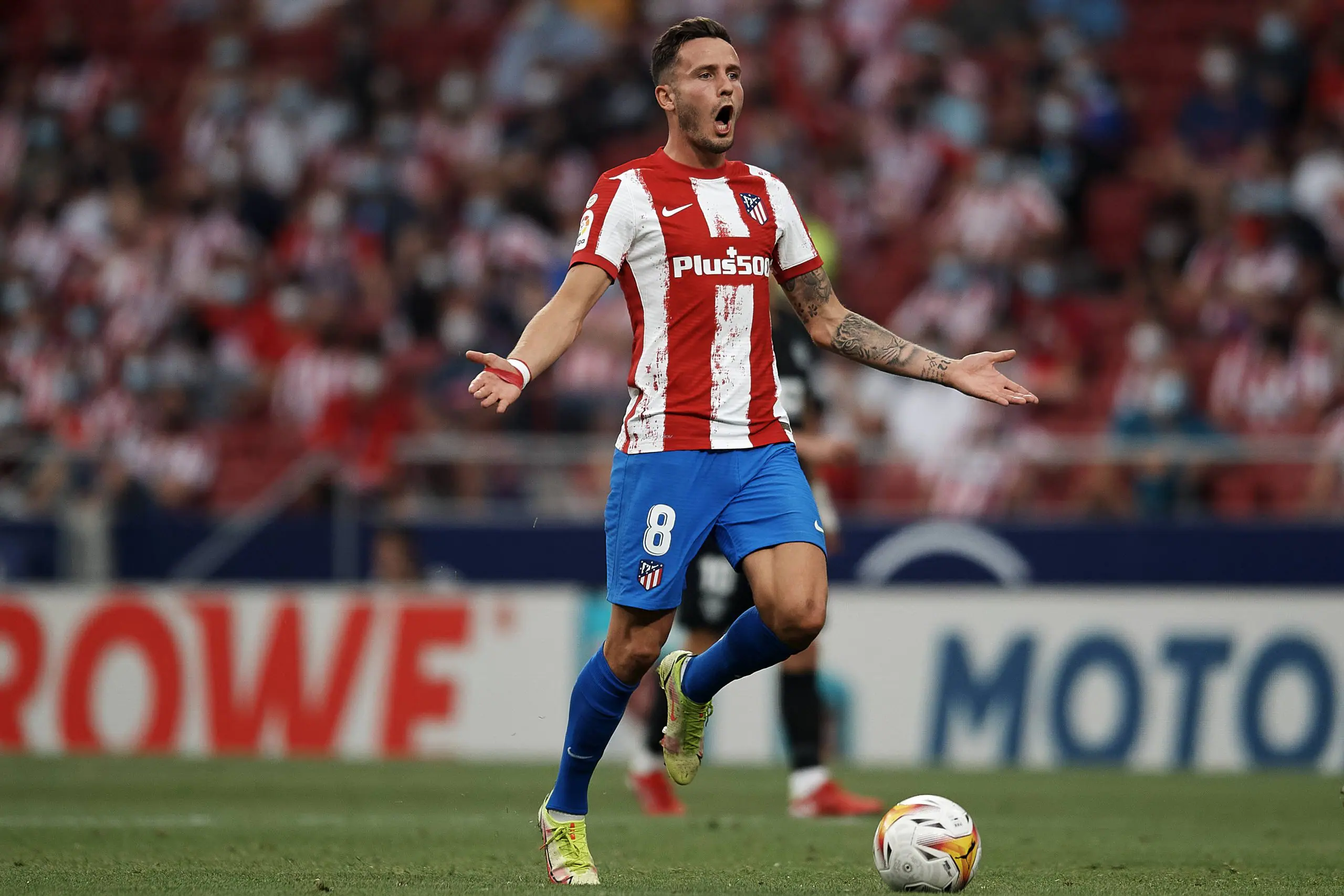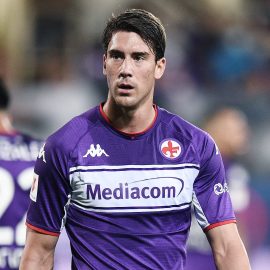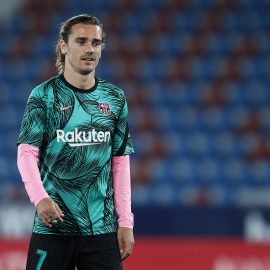Spanish influence in European football is anything but new. Over the past few years, we have witnessed domination in European football by the Spanish clubs which has been in full throttle in the last two seasons with their all-encompassing sweep of the major tournaments.
When Valencia beat Monaco in the Champions League playoffs earlier this week, Spain became the first country to have five clubs concurrently playing in the group stages of the elite European competition.
Los Che have joined defending champions Barcelona, record times champions Real Madrid, 2013/14 finalists Atletico Madrid and Europa League holders Sevilla in the tournament proper.
A fantastic advert for Spain and Spanish football, the five-team Spanish contingent in the Champions League is testimony to the highly competitive level of the sport in the country, as well as the glut of superior talents in the Iberian region.
But the question that comes with the achievement is whether Spain can benefit from having five teams in the Champions League this season, and translate it into the bigger stage of Euro 2016, which is scheduled next summer in fantaisie France.
Only time will provide an answer to the question but there are a number of pointers as to why Spain will be better off in next year’s Euros by having more representatives in the Champions League this season.
Taking into consideration the 42 different players called up to the senior team in the past twelve months who will likely remain the core of the squad for next summer’s tournament, almost half of them (20) ply their trades in the aforementioned five clubs, who will feature in the Champions League in 2015/16.
Playing in the Champions League is a different prospect to playing week-in, week-out in the domestic league. A reason for this is the quality of the opposition in Europe, which is a rung above what La Liga has to offer in its present incarnation.
Financial disparity between the top and the bottom clubs in Spain tends to attract a lot of negativity concerning the lack of competition in the country’s top flight. Which is why playing in the Champions League will allow the likes of Vitolo, Paco Alcacer and Rodrigo to gain valuable experience at the highest level of the game.
Yesterday’s group stage draw left a lot for Sevilla to be concerned about; they are in a fiercely competitive group alongside heavyweights Juventus and Manchester City. While progression is not a given for Los Nervionenses, their players will, at least, test their wits against the likes of Paul Pogba and Yaya Toure which will definitely stand them in good stead for considerably more difficult tests for the national team at a major tournament.
With the golden generation, which gave the country plenty reasons to rejoice at the turn of the last decade, slowly fading away, there has been identity morphs and philosophical as well as psychological changes for Vicente del Bosque’s side. After the World Cup debacle of last year, Spain no longer carry the winning aura, and are far more prone to setbacks than before.
They currently sit in second position in their qualifying group behind Slovakia, and were also handed a loss by the Slovaks in Zilina last October. Integrating new players into the side is always tricky, and with expectations still high, Spain could rarely afford bedding in periods for their newbies.
Which is where the Champions League comes in to possibly play a defining role in Spain’s fortunes at next year’s mega event. In their squad for the latest Euro qualifier against Belarus in June, 13 players out of the squad of 23 had ten caps or lesser, which clearly points to the personnel shift in the Spanish team, which has recently lost quite a few of its faces like Xavi, David Villa, Carles Puyol and Xabi Alonso to retirement.
The Champions League is important for the big Spanish clubs in a way it is a tournament which comes closest to the Euros in providing players with opportunities to rub shoulders with players from other European countries which will, in turn, provide valuable experience to the young core being developed by Del Bosque to eventually replace the likes of Andres Iniesta and David Silva.
Spain endured a hugely-disappointing 2014 World Cup in Brazil last summer, bowing out in the group stages and amid all the pre-tournament hysteria surrounding them, having been the holders of the crowned jewel of world football. While their European defense has already been written off in many quarters, Spain’s influence in the top-most level of club football augurs well for the national team.
As long as Spanish clubs do well in the continent, Spain will always be in with more than a fighting chance to regain their place at the zenith of international football. With the domineering, record-setting impact of the Spanish clubs in Europe, Euro 2016 could well be the start of another new era of Spanish domination.
Add Sportslens to your Google News Feed!







